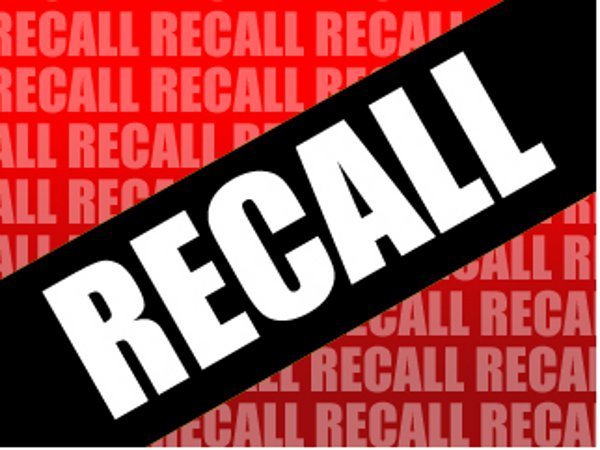 The federal government is gearing up to roll out a new website that’s already stirring up controversy. The website, a database of consumer complaints, will launch in March to serve as a forum where consumers can file complaints about defective or dangerous products within any of the 15,000 categories of items overseen by the Consumer Product Safety Commission (items not overseen by the CPSC include food, medical devices, automobiles, tobacco, drugs, cosmetics, automobiles, and tires). Consumers with questions or concerns about defective products will be able to go online and see complaints about products or companies within 15 days of their filing.
The federal government is gearing up to roll out a new website that’s already stirring up controversy. The website, a database of consumer complaints, will launch in March to serve as a forum where consumers can file complaints about defective or dangerous products within any of the 15,000 categories of items overseen by the Consumer Product Safety Commission (items not overseen by the CPSC include food, medical devices, automobiles, tobacco, drugs, cosmetics, automobiles, and tires). Consumers with questions or concerns about defective products will be able to go online and see complaints about products or companies within 15 days of their filing.
The database has been the subject of discussion for several months, with the final ruling taking place in December. The CPSC held the first of two informational Web conferences on Monday to outline how the database will work. Under the new system, consumers will be able to file a “report of harm” about a defective product that is potentially dangerous, and qualifying complaints will be published on the database (the individual consumer’s name will not be made public, however). The product’s manufacturer will have ten days to respond to the complaint or offer a rebuttal.
Under the current system, if a consumer has questions about a product’s safety record, the only way to get more information about consumer complaints is to file a public records request with the CPSC, which is then legally required to check with the manufacturer, who can protest or sue to keep the information from being released.
The CPSC collects information on product safety through consumer complaints, death certificates, media alerts, and consumer complaints, and if it gathers enough information to warrant a product’s removal from the market altogether, an even more complicated process of negotiating a recall with the manufacturer must take place, which can take years to settle. And while the negotiation is underway, consumers continue to buy the dangerous or even deadly product.
Rachel Weintraub, director of product safety at the Consumer Federation of America, told the Washington Post that the massive recall of drop-side cribs (which led to a ban in 2010) serves as a prime example for why a database like this is necessary. “We know that consumers reported safety incidents involving drop-side cribs to manufacturers and were told ‘Oh, we don’t know of any other incidents’, when in fact they knew of many,” Weintraub said. “This will create a new generation of more educated consumers.”
The problem, critics argue, is that there is no way to ensure that all complaints are coming from consumers. While the database will only publish complaints about safety issues from consumers (not general grievances about a product), some skeptics argue that it’s too easy for competitors to pose as consumers to file false complaints.
While the CPSC will allow manufacturers to rebut safety hazard claims, Republican commissioner Anne Northup says that that isn’t good enough.
“The commission’s proposal includes no requirement that reports of harm submitted to the database be verified for accuracy before they are posted,” Northup said in a prepared statement in November. “If a manufacturer claims that a report is inaccurate, there is no requirement or even incentive for the commission to review or make a determination on such claims.” Northup has called the database a waste of taxpayer money that “confuses and misleads consumers, raises prices, kills jobs, and damages the reputations of safe and responsible manufacturers.”
Image source: indiananewscenter.com

















